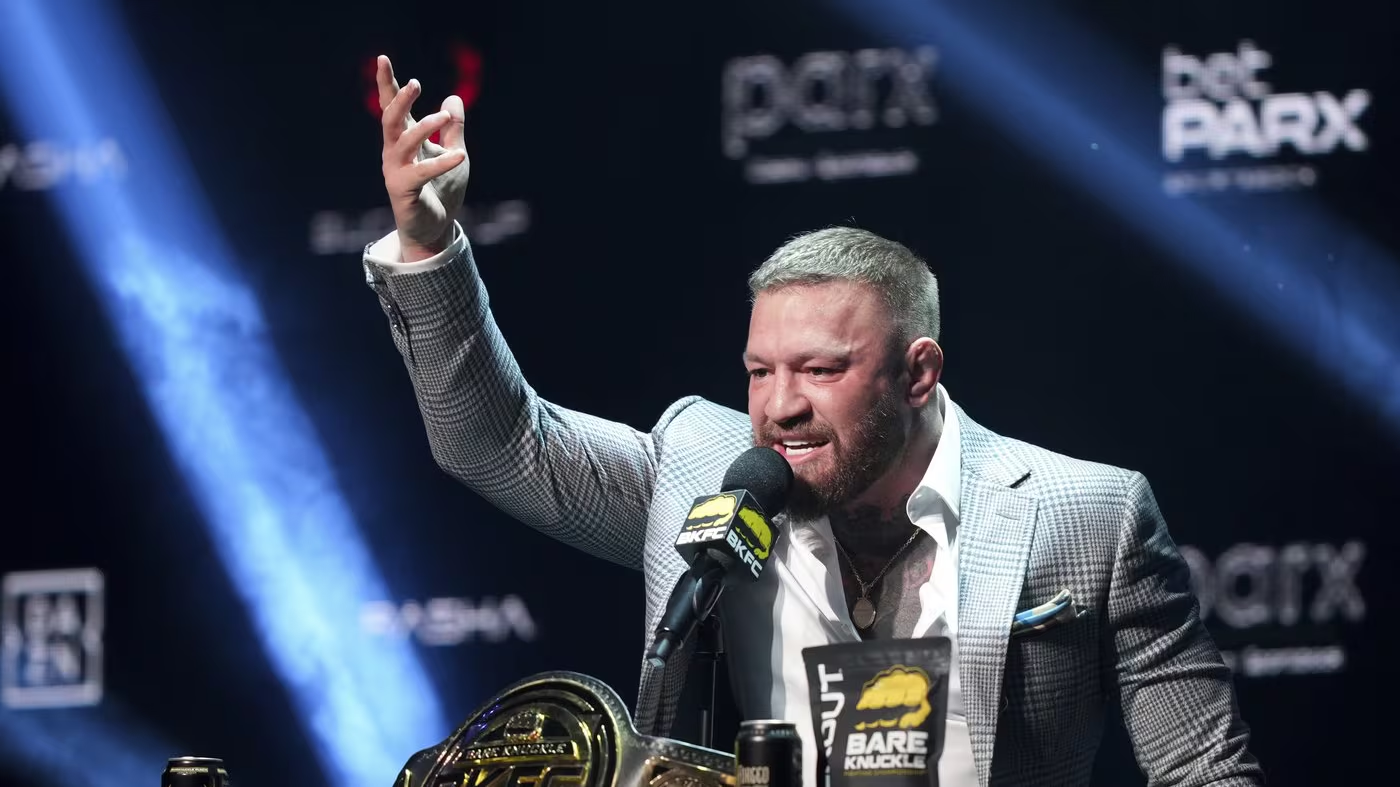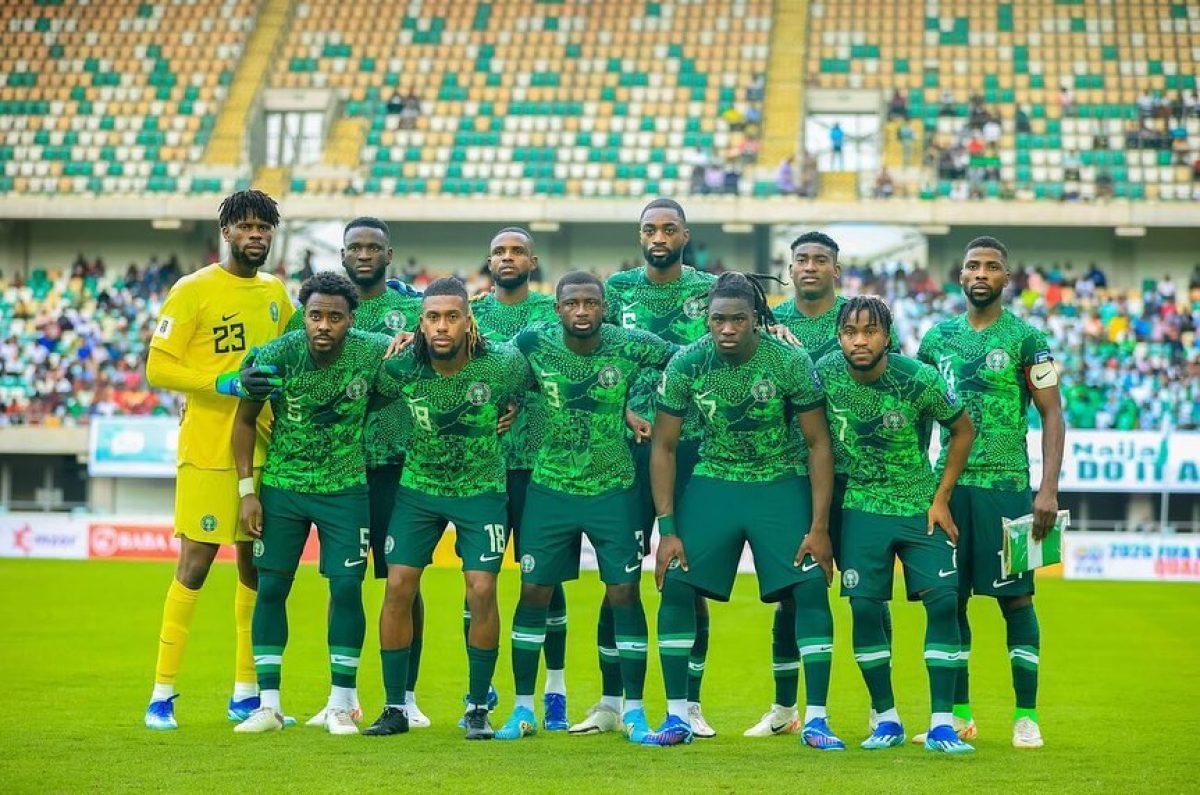India’s hopes of hosting the 2036 Olympic Games are under serious threat as the country continues to battle a long-standing reputation as one of the world’s worst doping offenders in sport.
The International Olympic Committee (IOC) has expressed concern over the high number of Indian athletes caught using performance-enhancing drugs—a concern echoed by the country’s Olympic gold medallist, Neeraj Chopra.
“Doping is a big problem in India among our athletes,” the 2021 Olympic javelin champion said earlier this year in a candid statement to local media. He urged athletes to focus on proper nutrition, rest, and hard work rather than shortcuts.
In response to growing international pressure, the Indian Olympic Association (IOA) recently established a new anti-doping panel, following warnings from the IOC about India’s poor record on drug use in sports.
The Indian government has also passed a National Anti-Doping Bill aimed at tightening enforcement, increasing testing capacity, and ensuring “the highest standards of integrity” in sport.
Former IOC marketing director Michael Payne emphasized that strong governance is critical:
“The IOC would want to ensure that any host country has a robust doping policy in place before awarding the Games.”
With India’s Olympic dreams at stake, authorities are now under pressure to clean up the nation’s sporting culture—and fast.








